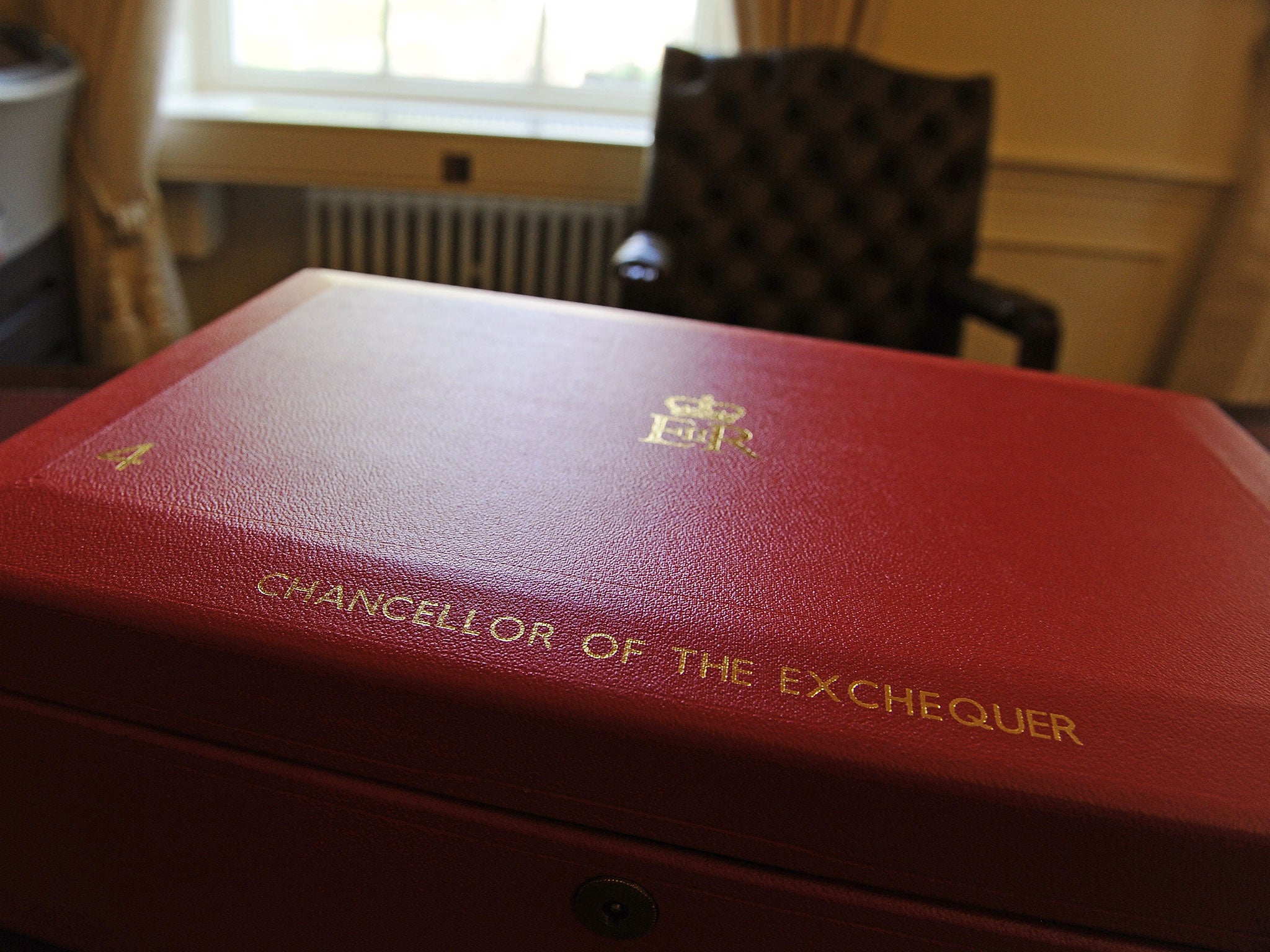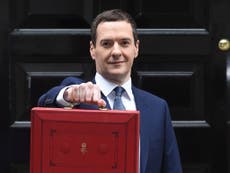Budget 2016: Beyond headline measures was grim picture of missed targets, indebtedess – and jam the day after tomorrow
The 2010s are shaping up to be a decade of slow growth

George Osborne doesn’t have the demeanour of a fusspot, but his Budget was certainly a curiously fussy affair. This is the Chancellor, after all, who set up the Office of Tax Simplification, which at least shows a deeply ironic sense of humour. Mr Osborne has followed Gordon Brown in his habit of tinkering with the tax code, rendering it one of the longest and most complex in the world.
It is a very long time since we had someone in charge of the nation’s finances who sought to achieve fiscal neutrality; Mr Osborne has left the fiscal landscape looking more cluttered than a late Victorian drawing room.
Still, the publicity around the Chancellor’s collection of eye-catching measures – especially the sugar tax – had the benefit, for him at least, of distracting the public’s attention from another disappointing set of figures on the wider economy. Yet again, Mr Osborne has had to downgrade his growth forecasts, raise his estimates for national indebtedness and explain away another set of missed targets. The 2010s are shaping up to be a decade of slow growth.
What positives, then? In what was always going to be a relatively low-key mid-term Budget, there were some announcements that may well change the face of the nation. Literally, in the case of the sugar tax. In principle, this has always been a fine idea, but the danger is surely that it will simply deprive poorer families of spending power if they have to pay more for their soft drinks, even if it will raise about £500m a year to be spent on children’s health. The net effect may simply be a transfer of spending power from the poor to the wealthier and, for that matter, the fat to the slim.
The transfer of radically greater powers to regions such as Greater Manchester, the so- called “devo Manc” policy, deserves to succeed. Even if it, and the extremely welcome infrastructure investment announced by the Chancellor, is motivated by base politics, the political and economic revival of the North, which has proved somewhat patchy, would be a worthy abiding legacy for this Government. If it helps the Tories rebuild their political base in the North of England then, to recycle an old phrase, that would be a price worth paying.
The “academisation” of the schools system is something that also promises risk, but a potentially substantial reward – if it can be made to work, and work fairly. The Lifetime Isa for the under-forties may do something to offset the nation’s aversion to saving; but if the proceeds and public subsidies do end up being pumped into the residential property market, they will only make matters there worse. Once again, the opportunity to boost the supply of homes – whether in the public, private or charitable sector – was missed, a cumulative failure that has proved the greatest single factor in intergenerational unfairness.
Labour, in the unusually sharply dressed shape of Jeremy Corbyn, had a good soundbite – that the Budget had “unfairness at its very core”, and so it did. Almost carelessly, the Chancellor lavished tax break upon tax break on the upper-middle classes, shifting tax thresholds to the extent that many of the better heeled in society will find themselves almost £1,000 a year better off, very likely a bigger boost to their income than their last pay rise. Why Mr Osborne would want so beneficently to boost their feelgood factor at this stage is a little mysterious, unless perhaps it has something to do with the elections and referendum coming in the next few months. We should have expected nothing more, or less, from this notoriously political Chancellor.


Join our commenting forum
Join thought-provoking conversations, follow other Independent readers and see their replies